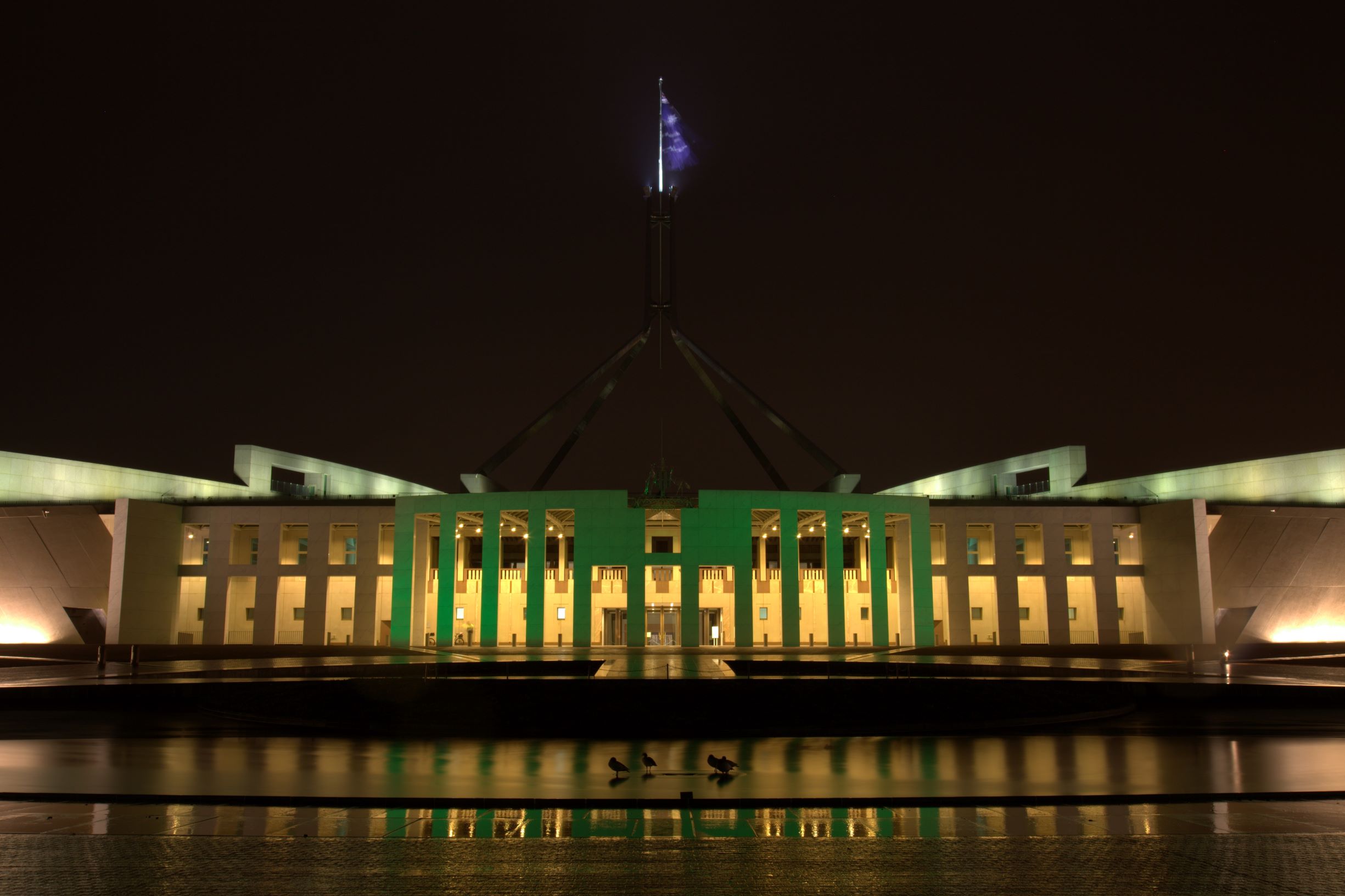
New Modern Slavery Act 2018 in Australia introduces strict reporting requirements for businesses among other key objectives.
There has been significant interest recently over the introduction of the Modern Slavery Act 2018 (MSA) in Australia, and its likely coming into force in early 2019. The act will carry with it significant thresholds for businesses to meet in terms of reporting requirements. But what is the new act?
Section 3 (Part 1) of the MSA 2018 details the main objectives of the act are to:
- Combat modern slavery,
- Provide assistance and support for victims,
- Establish an Anti-Slavery Commissioner,
- Provide for detection and exposure of modern slavery,
- Raise community awareness and provide education on modern slavery,
- Encourage collaborative cross-sector and multi-agency responses,
- Introduce provisions for the ongoing assessment of anti-slavery laws,
- Criminalise forced marriage,
- and, penalise further involvement in cybersex trafficking and CSE.
Statistically reports of modern slavery in Australia are low in comparison to other countries, but there are concerns this is because of a lack of awareness on the matter. As part of this, there are concerns that businesses are not fully aware of the risks of modern slavery in their supply chains. Part of the act focuses on supply chain transparency, and appears to be heavily oriented towards tackling these issues. The focus on business accountability and corporate supply chains suggests a main focus on forced labour, which is not unsurprising given forced labour accounted for approximately half of all modern slavery cases in the ILO’s 2016 statistics. However, the objective statements of the act regarding forced marriage and child exploitation demonstrate the wide reaching and comprehensive aims of the act to eradicate modern slavery in all forms.
A link to the act itself can be found here.